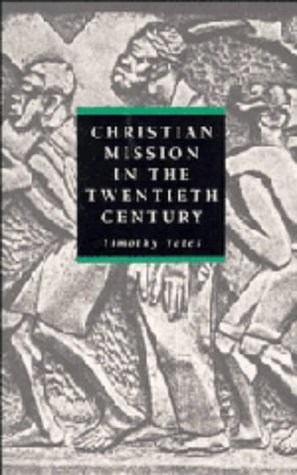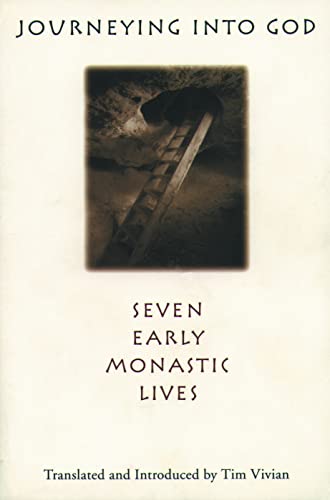Submitting to God: Introducing Islam—Communities of Faith Series
Written by Vivienne Stacey Reviewed By Ida GlaserThere is an amazing amount of information in this short book. It is the first in a new series on world faiths edited by Walter Riggans, General Director of the Churches Ministry among Jewish People. His preface tells us that the intention is to produce a resource, written from a Christian perspective, that will both ‘capture the essential and timeless values of each faith’ and ‘give full attention to contemporary issues and personalities’. The motivation is to be the principle of loving our neighbours as ourselves, so that each faith is to be treated with the same honesty and generosity as Christians might hope for from people writing about Christianity.
Each book is to be similarly organised. The present one has ten short chapters, on world view, key figures, the community of the faithful, sacred texts, fundamental doctrines, spirituality and worship, ethics and morality, religious structures and propagating the faith. The final three pages, entitled ‘Concluding Reflections’, are a call to recognise common humanity and the challenge presented to both Christians and Muslims by a secular, postmodern world. Stacey finishes with an affirmation of her Christian faith and by making explicit the attitude which undergirds her writing:
From a biblical perspective I see no need for competition, estrangement or hostility between Muslims and Christians or between Muslims and Christians or between Muslims and Christians and those of other convictions. I believe in the uniqueness of the revelation of God in Christ but I always want to share this faith in love and humility. (p. 104).
This conclusion does not come from someone who is seeking to idealise Islam, but from someone who has travelled widely in the Muslim world and has lived for more than twenty years as part of the Christian minority in Pakistan. She is aware of human rights and problems and of jihad (p. 78–9), of the difficulties associated with conversion (p. 99–101), and of Islamic mission in Europe (p. 94–5); but she treats all these with an understanding of Muslim perspectives, a recognition of common human weaknesses and a loving, Christ-centred warmth. If even a little of this understanding and warmth ‘rubs off’ on her readers, the book will have served an eternal purpose.
Its stated purposes are, however, somewhat ambitious. Is it possible to cover so broad a field in so few pages, one wonders? The choice must be a superficial treatment or a very large amount of material packed into a small space. Stacey chooses the latter option, leaving little room for explanation or reflection. She succeeds in including most of the information that might be included in a basic module in Islam, and does it in accessible language and in short, digestible sections. She also gives details of different Islamic organisations and communities.
However, the book is not one to read from cover to cover without some prior knowledge. It is a mine of useful information for someone already familiar basic Islam, or could function as an introduction for someone who was happy to read only few pages at a time. I would most recommend it as a handbook for anyone doing a course on Islam. There is a good index and a glossary, and the bibliography includes many interesting books that might not be included on a basic reading list.
What I liked best were the references to living Muslim communities and the occasional quotations from Muslim poets. The first help the reader to understand the diversity and humanity of Muslim peoples, and the second to feel something of the heart of those who are seeking after God. Perhaps the most memorable quotation is from the Iranian poet, Saadi. It gives a reason for Christians to attend to other faiths:
‘You who remain indifferent to the burden of pain of others Do not deserve to be called human. (p. 102)
Ida Glaser
Crosslinks, London.







